
Ada Lovelace
Tuesday 12th October is Ada Lovelace Day: an international celebration of women’s achievements in science, technology, engineering and maths (STEM).
Often referred to as the ‘first computer programmer’, Ada Lovelace (1815-1852) inspired Alan Turing’s work on the first modern computers in the 1940s. Find out more about her here.
All week we are profiling a selection of the women who work in STEM disciplines at BU, in areas as varied as games technology, sport psychology, electronics and clinical nutrition. Today we feature Dr Roya Haratian, Dr Vanessa Heaslip and Dr Michele Board.
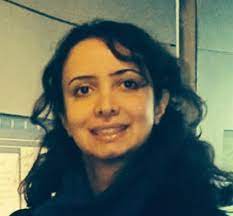
Dr Roya Haratian
Dr Roya Haratian, Assistant Professor in Electronics in the Department of Design and Engineering. Roya works in multidisciplinary topics such as Mechatronics, Signal Processing and Control System Design applied across different industries. Roya is the co-lead for Athena SWAN (Scientific Women’s Academic Network) in her department and submitted their application for the SWAN bronze award with the aim of supporting women in their career development. They have also formed an inclusivity committee to address diversity and equality.
Dr Diogo Montalvao, Deputy Head of the Department of Design and Engineering, who nominated her, says: “Roya has led the department’s submission to Athena Swan and championed the Women in Engineering Society at BU, [launched in 2019]. Her contribution to raising the profile of women in engineering aT BU has therefore been of the utmost importance. She has been challenging gender stereotypes by being the most qualified engineering professional we have in Electronics. She is our ‘in-house’ specialist in a range of fields… traditionally dominated by men, namely mechatronics, machine learning and artificial intelligence, with applications to biomechanics.”
Please tell us a little about your area of work/research
“My research is currently focused on, but not limited to, on-body sensing and signal processing systems for the development of new algorithms to improve the quality of life… [The aim is] to bring awareness to the early signs of issues and provide biofeedback for stress management by collecting physiological signals. My research looks at how awareness of user experience affects the human-machine interaction (HMI), in areas such as utility, ease of use, and efficiency. The machine’s ability to recognise users’ experience during user-machine interaction would improve the overall HMI usability and such machines could adapt their speed, for example, based on the user experience.”
What would you like to change as a result of your research?
” My research is mainly centred on the design and development of assistive technologies for long-term monitoring of mental well-being.”
What would your advice be to girls looking at STEM subjects as a possible career?
“My advice to women who are considering a career in STEM is to believe in their abilities and power to break the gender stereotypes which still exist in the 21st century. Although now it is more subtle in comparison to decades ago, we need to be aware that still it exists.”
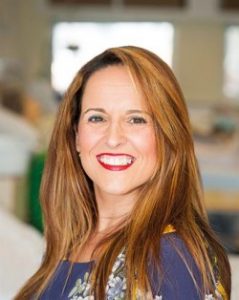
Dr Vanessa Heaslip
Dr Vanessa Heaslip, Associate Professor and Deputy Head of the Department for Nursing Science. Vanessa was nominated by her colleague Professor Steven Ersser, Head of Department for Nursing Science, who describes her as an “amazing leader in nursing related to disadvantaged and vulnerable groups [especially] that of the health of the Romany/travelling community.”
In 2019, she was honoured as a Woman of the Year at the prestigious annual Women of the Year Lunch and Awards held in London. She was named for her commitment in ensuring health and educational equity for individuals from marginalised communities. Vanessa’s educational research in widening participation and fair access in higher education, alongside her clinical research in vulnerability and vulnerable groups in society, whose voices are not traditionally heard, is nationally and internationally recognised.
Her current and recent research includes her role as principal investigator on a project funded by the Burdett Trust to co-produce a technological solution to support rough sleepers to self-care by locating and accessing services, and leading a systematic review exploring experiences of vulnerability among adult male prisoners. She also worked with BU archaeology colleague Professor Tim Darvill on the Human Henge project at Stonehenge, which investigated the impact of immersive experiences of prehistoric landscapes on the well-being of participants with mental health issues.
What or who inspired you to pursue your career in a STEM subject?
“My research interests in health equity and addressing health disparities faced by many socially excluded groups derived from my clinical experience as a nurse working in both hospitals and community settings. I find it simply unacceptable that those who need healthcare services the most often face the most barriers in accessing it, and feel compelled to raise this educationally, clinically and politically.
“I am honoured to be recognised in this way and recognise I stand on the shoulders of women like Ada. who came before me, those who dared to follow their passion and ask questions of the world in which we live.”
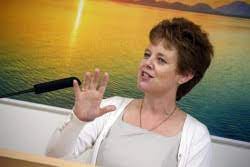
Dr Michele Board
Dr Michele Board, Associate Professor and Deputy Head of the Department for Nursing Science. Michele, who is the deputy lead for the Ageing and Dementia Research Centre. was also nominated by colleague Professor Steven Ersser, who says: “[Michele] is an “amazing leader in gerontological nursing, with specialist expertise in the field of dementia care and frailty.”
Michele describes herself as being “passionate about caring for the person, not the diagnosis”. She has been an adult nurse since 1985 and has had a broad range of clinical experience, with a specific focus on nursing the older person. She started lecturing in 2003, and has also led the development of dementia education programmes for health and social care staff working in the NHS and the private sector.
Michele’s general research interests are in the field of nursing older people and people with dementia. As a qualitative researcher she uses creative approaches to collect and present research data. A recent grant from Alzheimer’s Research UK enabled her to evaluate their app, A Walk Through Dementia – designed to put people in the shoes of someone living with dementia – for its effect on learners’ understanding of the lived experience of dementia.
Her other research work includes widening participation and nurse education, as well as consideration of the impact of changes to nurse education funding on recruitment and retention of staff. She also works one day a month with the Dorset Memory Advisory Service, contributing to the assessment of people with a cognitive impairment.
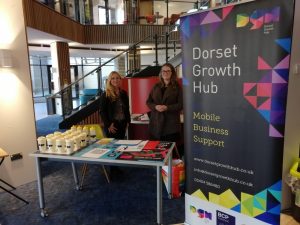
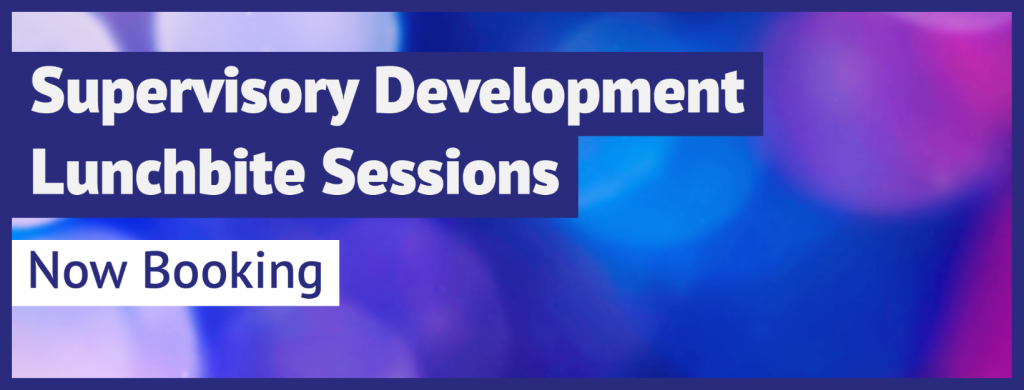
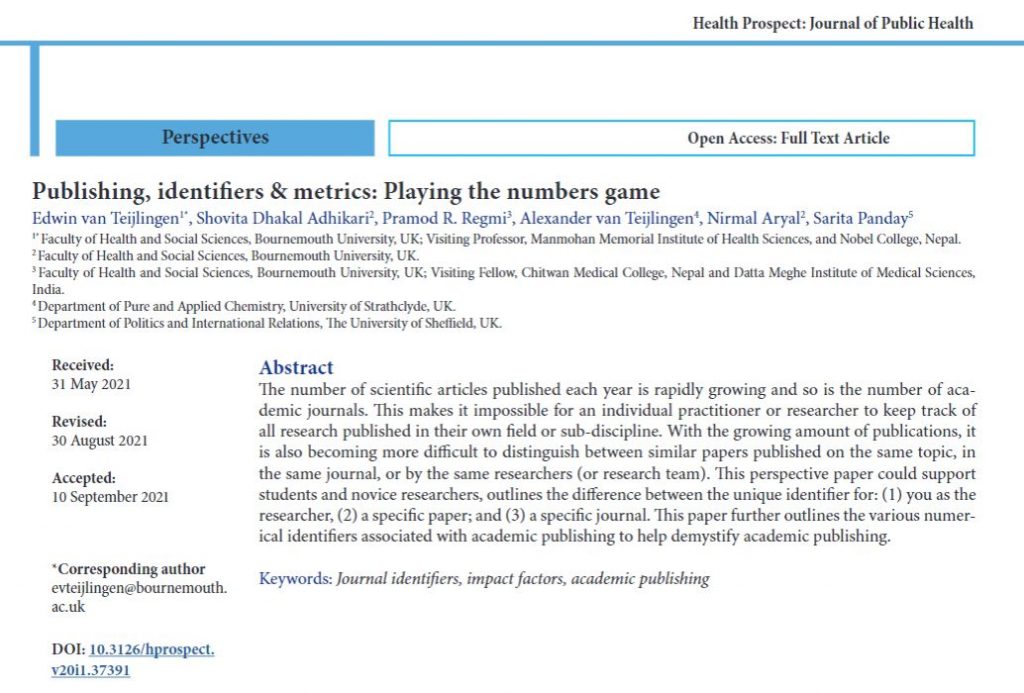
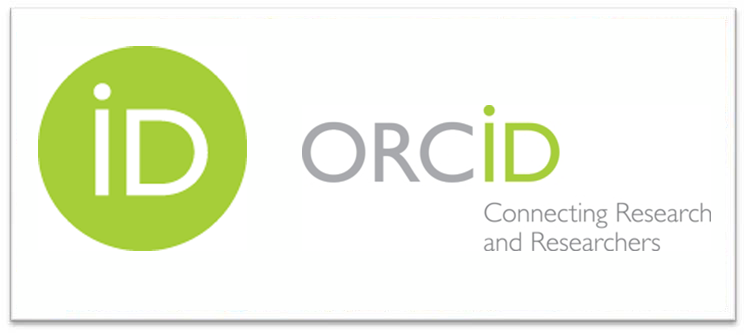

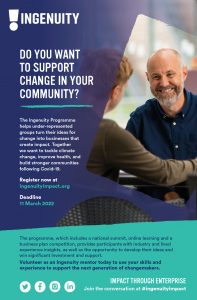 Ingenuity exists to tackle the UK’s major social and environmental challenges through the creation of innovative start-ups. Registration is open to everyone, no matter your background or experience. If you have an idea or are motivated to see change, Ingenuity is ready to help. Find out more at
Ingenuity exists to tackle the UK’s major social and environmental challenges through the creation of innovative start-ups. Registration is open to everyone, no matter your background or experience. If you have an idea or are motivated to see change, Ingenuity is ready to help. Find out more at 
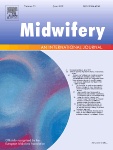
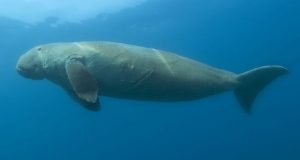
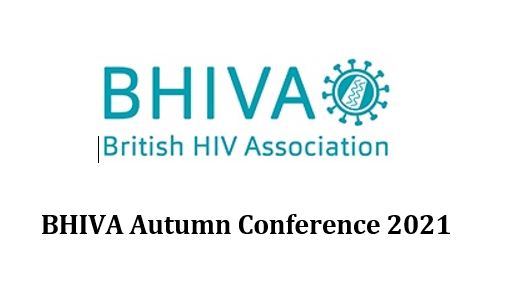






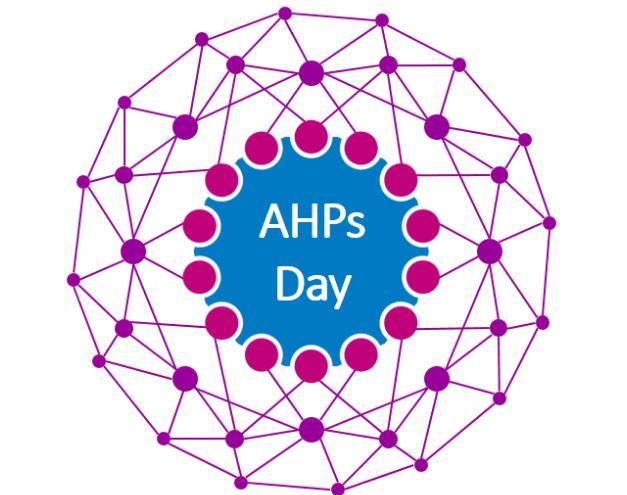

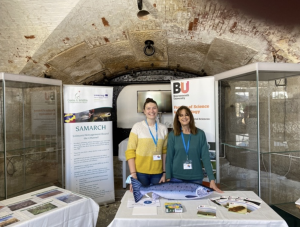
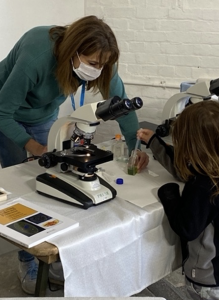













 New weight change BU paper
New weight change BU paper One week to go! | The 16th Annual Postgraduate Research Conference
One week to go! | The 16th Annual Postgraduate Research Conference Geography and Environmental Studies academics – would you like to get more involved in preparing our next REF submission?
Geography and Environmental Studies academics – would you like to get more involved in preparing our next REF submission? Congratulations to three former BU staff
Congratulations to three former BU staff MSCA Staff Exchanges 2024 Call – internal deadline
MSCA Staff Exchanges 2024 Call – internal deadline Applications are now open for 2025 ESRC Postdoctoral Fellowships!
Applications are now open for 2025 ESRC Postdoctoral Fellowships! Horizon Europe – ERC CoG and MSCA SE webinars
Horizon Europe – ERC CoG and MSCA SE webinars MaGMap: Mass Grave Mapping
MaGMap: Mass Grave Mapping ERC grants – series of webinars
ERC grants – series of webinars